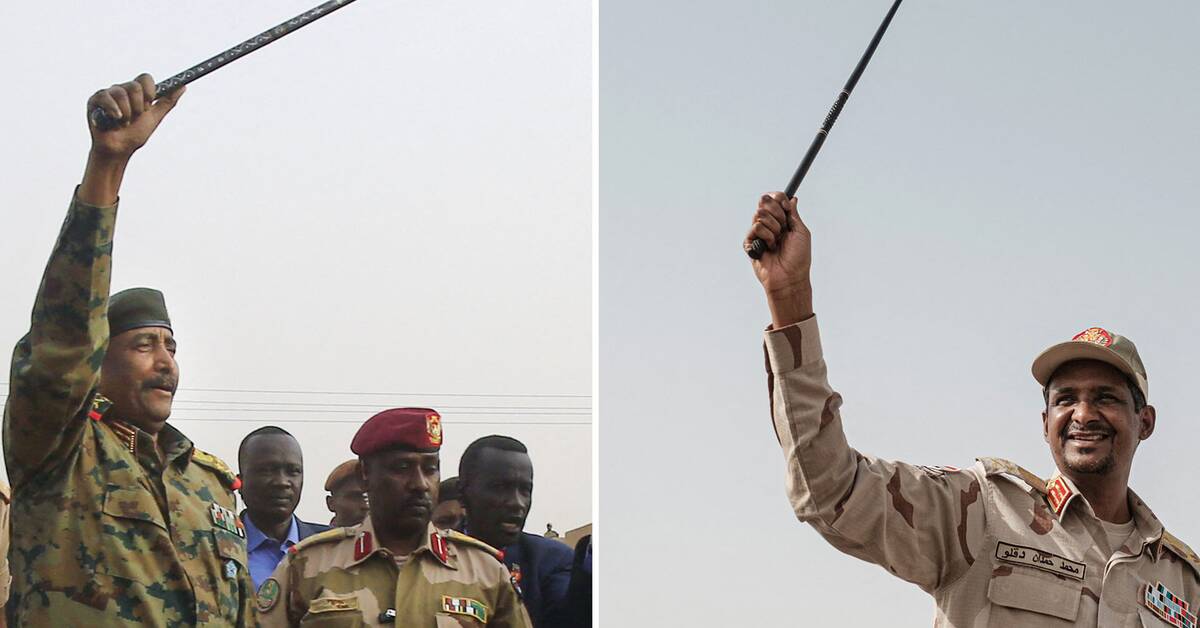Fragile ceasefire
Since the night of Tuesday, just over a week after the fighting began, a three-day ceasefire has been in place between the warring parties in Sudan. The ceasefire is confirmed by Sudan's regular military, which says it was negotiated under the mediation of the United States and Saudi Arabia, Reuters reports. On Wednesday afternoon, however, RSF claimed that the Sudanese military violated the ceasefire.
At the same time, attempts are underway by, among others, the United States to put together a committee that will try to negotiate a permanent ceasefire.
WHO: "High risk of biological hazard"
There is a "high risk of biological danger" in Sudan's capital Khartoum after one of the warring parties took control of a laboratory with measles and cholera pathogens and other hazardous materials, the World Health Organization (WHO) said.
Technicians have not been able to access the national public health laboratory to secure the material, WHO representative Nima Saeed Abid told reporters.
Hundreds dead
More than 420 people have been killed and more than 3,700 injured, according to the United Nations. The actual death toll is feared to be much higher.
UN forecast: 270,000 flee to neighbouring countries
The UN expects up to 270,000 Sudanese to flee Sudan to neighbouring Chad and South Sudan due to the conflict in Sudan, AFP reports. But millions of Sudanese have no way of leaving the country. They remain in a situation of acute shortages of water, food, medicine and fuel and numerous internet and power outages.
Evacuation in progress
Since Saturday, more than 4,000 people have left Sudan in evacuations organised by other countries. The United States and countries in Europe, the Middle East, Africa and Asia have repatriated embassy employees and other citizens. Foreign Minister Tobias Billström (M) announced on Wednesday that all Swedish personnel from the embassy in Sudan have returned to Sweden.

